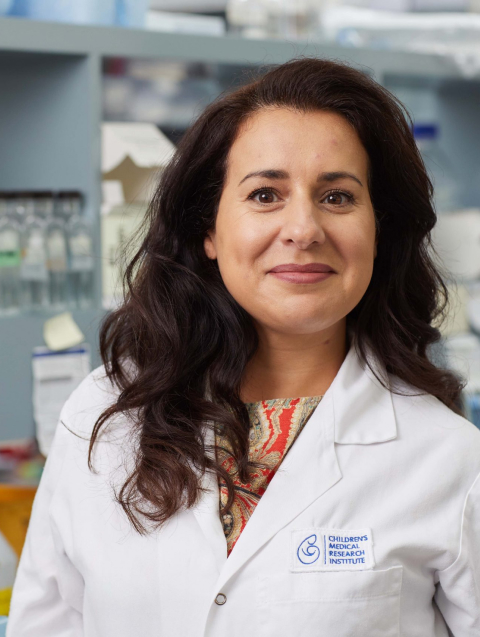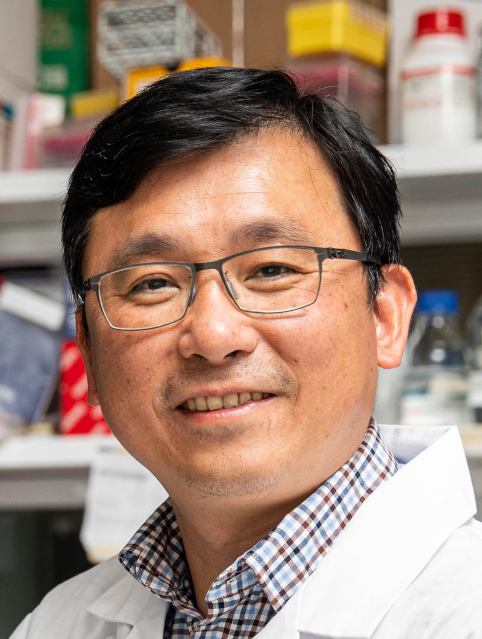Project Aim
We sought to establish inherited retinitis dystrophy (IRD)-specific cellular models to understand the mechanisms underlying photoreceptor degeneration and blindness. This would enable the identification of novel therapeutic targets.
- Aim 1: Generation of a world-leading collaborative resource of induced Pluripotent Stem Cells (iPSCs) from patients with IRD.
- Aim 2: Differentiation of iPSCs into retinal-specific cells and phenotype screening.
- Aim 3: Screening of therapeutic compounds to correct retinal dysfunction. This project will result in the establishment of a human cellular model of IRD, focusing on using iPSCs to produce IRD specific cells, namely retinal pigmented epithelium (RPE) and photoreceptors for disease modelling, drug screening and potentially cell replacement therapy.
The ultimate outcome is the prevention of blindness and restoration of sight to people affected with IRD. Our direct access to well-characterised patients places Australian-researchers with a firm and internationally unique, competitive advantage.
Conclusions
Our group has been able to demonstrate major breakthroughs in research to gain a much better insight into inherited retinal dystrophies that can develop into future novel therapies.
Support from Retina Australia was greatly appreciated and gave CERA/UTAS the resources to recruit and develop the number of iPSC. Preliminary work was used to apply for NHRMC funding. We are pleased to inform Retina Australia that Associate Professor Alex Hewitt received a Research Excellence Award as the top ranked NHMRC Practitioner Fellowship applicant to continue the iPSC and emerging gene-editing techniques.

Chief investigator:
Professor David Mackey AO
Lions Eye Institute, Perth
Grant awarded:
$140,000 (2014)
Research Impact Reports
Establishing novel AAV gene editing for Usher Syndrome
Project Aim The aim of this project was to establish proof-of-concept for a new type...
Using RNA-silencing to tackle neuroinflammation in retinal degeneration
Project Aim The aim of this project was to develop...
Improving real-world mobility and assessing long-term safety outcomes with a retinal prosthesis (“Bionic Eye”)
Project Aim This project aimed to measure visual outcomes of...
RNA base editing strategies as potential therapeutic of inherited retinal dystrophies
Project Aim This study aimed to use a new genetic...




